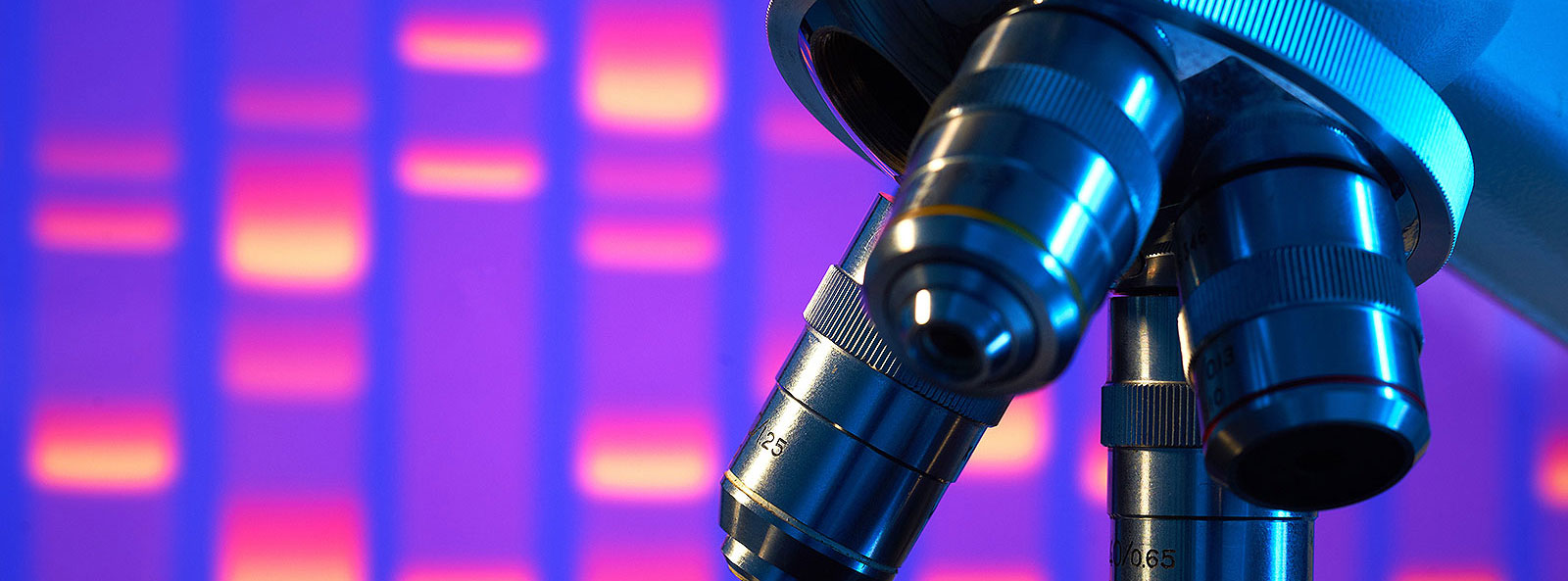
Molecular hydrogen therapy in cancer
How does molecular hydrogen work?
Clinical research efforts in recent decades have led to the discovery that molecular hydrogen (H2) therapy is a non-toxic, natural, simple, cost-effective and highly effective selective antioxidant procedure capable of countering oxidative stress. So how exactly does it work? It solely neutralizes toxic free radicals while limiting their massive production and the alteration of mitochondria.Thus, molecular hydrogen has anti-inflammatory and anti-allergic effects through its inhibition of inflammatory cytokines and cell signaling factors, thereby suppressing tumor growth and progression. In fact, molecular hydrogen therapy has therapeutic effects in many diseases caused by free radicals, thanks to its selective antioxidant effect. As a result, molecular hydrogen can control the onset and progression of cancer by acting on the oxidation and inflammation in the body. Recent studies suggest that hydrogen molecules act directly on the mitochondria of tumor cells and play a decisive role in annihilating cancer tumors and reinvigorating immune cells.
What is the procedure?
Molecular hydrogen can be inhaled using a nebulizer, drunk as hydrogen-enriched water. All of these are available in our clinic.
What types of cancer does it apply to?
The latest research has shown that the molecular hydrogen procedure has been successfully applied to most types of cancer. Clinical practice has shown spectacular results in therapy or improvement of quality of life in the following cancers: squamous cell lung carcinoma with metastases, oesophageal cancer, gastric cancer, hepatocellular carcinoma, non-small cell lung cancer, ovarian cancer, thymic carcinoma, pancreatic cancer, rectal cancer, stage IV adenocarcinoma, urethral adenocarcinoma, gallbladder cancer, etc. Molecular hydrogen therapy can also be used as an adjuvant in conventional oncological therapies such as radiotherapy and chemotherapy. Drinking hydrogen-rich water reduces the oxidative stress caused by radiotherapy and improves the quality of life. With chemotherapy, molecular hydrogen reduces the side effects of cisplatin and doxorubicin.
Adverse effects
Molecular hydrogen does not have any adverse effects. On the contrary, it has a high level of safety, even when administered in high concentrations.How can you become a patient of our clinic?
Throughout the whole process, from your initial contact, through treatment and after you leave our clinic, our patient coordinators will guide you through the steps and support you with all their expertise, attention and kindness.
*
We are here to help you
Our patient coordinator will contact you soon
Phone: +40.771.518.946, e-mail: office@imuno-medica.ro




